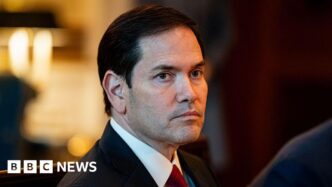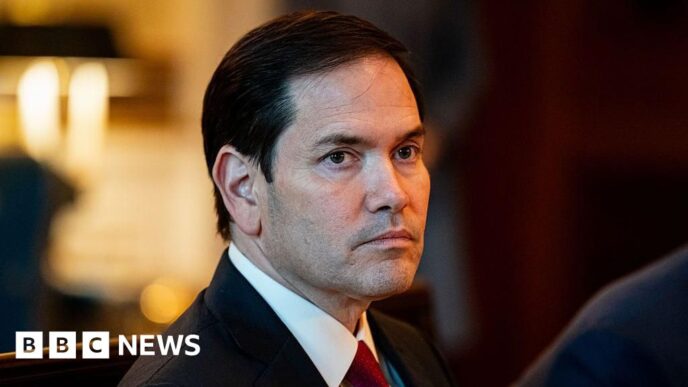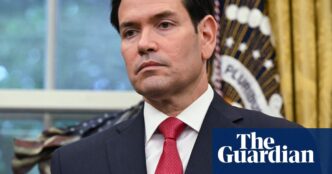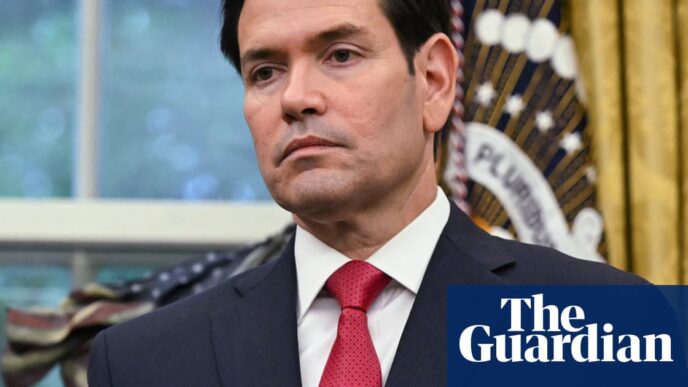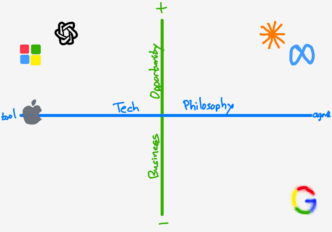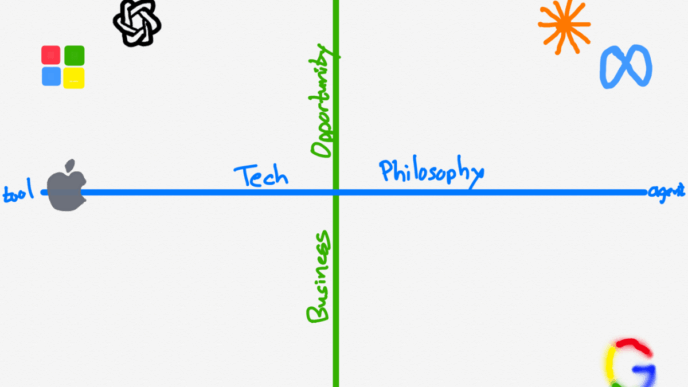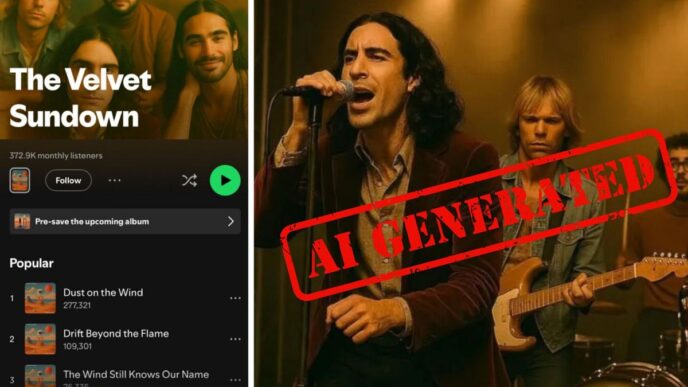The United Nations is stepping up efforts to govern artificial intelligence amid rising global risks. AI’s reach now spans healthcare to defense, but its unchecked use fuels dangers like cyberattacks, bioweapon design, disinformation, and authoritarian surveillance.
Autonomous weapons with limited human control are already reshaping modern warfare, raising tough ethical and legal questions. Yet, international policies lag behind AI breakthroughs, leaving a regulatory void.
The UN launched multiple initiatives to close this gap:
- The High-Level Advisory Body on Artificial Intelligence (2023-2024) delivered a global governance blueprint, emphasizing human rights and Sustainable Development Goals.
- The Global Digital Compact aims to unify digital cooperation and AI rules worldwide.
- The ITU’s AI for Good Initiative connects policymakers and researchers to tackle global challenges with AI.
- UNESCO’s Recommendation on the Ethics of Artificial Intelligence sets binding principles on transparency and accountability for all member states.
- On January 1, 2025, the new UN Office for Digital and Emerging Technologies (ODET) began operations, focusing on implementing the Global Digital Compact’s AI governance framework.
The European Union is already a front-runner with its 2024 AI Act, a comprehensive legal framework meant to ensure trustworthy AI in Europe.
The OECD’s AI Principles, updated in 2024, remain the first intergovernmental standard promoting human rights and democratic values in AI development.
António Guterres highlighted this at the AI Action Summit in France:
“We need concerted efforts to build sustainable digital infrastructure at an unprecedented scale”.
The UN calls for a multilateral, rules-based approach. National rules alone won’t cut it. Only global coordination can tackle AI’s threat landscape and harness its power responsibly.
International cooperation is critical to stop malicious misuse and secure peace, human dignity, and sustainable development. The UN is rallying states, organizations, and the private sector to step up.





